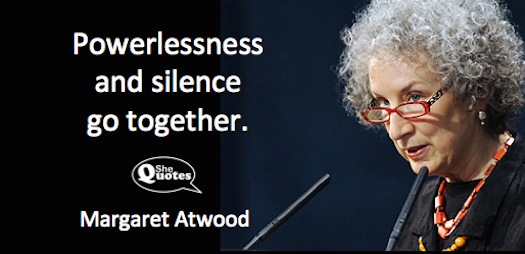
I considered law as a vocation in my teens before experiencing a call to ministry. While I didn't become a lawyer I was asked to be a judge on behalf of the wider church on two occasions. The first was what is called a Formal Hearing in the United Church, this for a male candidate for ministry who was accused by a female teen of conversation of a sexual nature as he drove her home in his vehicle. This was a serious matter and the accused had a lawyer, as did the panel I chaired, and one of the panel members was a lawyer. Before we began the laborious process our lawyer advised us that from a legal standpoint there was little hope of a "conviction" (not a United Church term.)
In the second instance, twenty or more years later, I chaired the review of a minister who was accused of having inappropriate relationships with several women. We pored over correspondence from a number of colleagues who were deeply concerned about his lack of boundaries.
In both circumstances I had deep misgivings about the moral character of the accused individuals, as did all of the other panelists. I did not doubt that what the teen claimed had happened did occur. Yet there was no substantive evidence beyond the word of a teen who wouldn't testify in the first situation, and the letters of concern in the other. Both of the accused walked away with reprimands, with a probationary period for one of them. We followed due process even though it was not pleasant to do so. The outcome still troubles me, yet the process was important.
I thought about this today as I read about the loud and angry response to a Margaret Atwood opinion piece in the Globe and Mail on Saturday called Am I a Bad Feminist? Of course Atwood has been an impressive feminist for decades and her books The Handmaid's Tale and Alias Grace have been adapted to the screen in the past year as compelling statements about the subjugation of women and the punishment of strong women.
In her Globe essay Atwood expresses concerns about what someone else has called "execution, then trial" as a tsunami of denunciations of abusive and exploitive men sweeps across the planet. This movement which includes #metoo is absolutely necessary and we should all uphold those women who've had the courage to step out of the shadows of sexual assault and manipulation. Yet there are concerns that all situations are being conflated as essentially the same, and once the accusations are made the damnation is indelible regardless of the severity of the circumstance. Atwood says this:
What would a Good Feminist look like, in the eyes of my accusers?
No comments:
Post a Comment